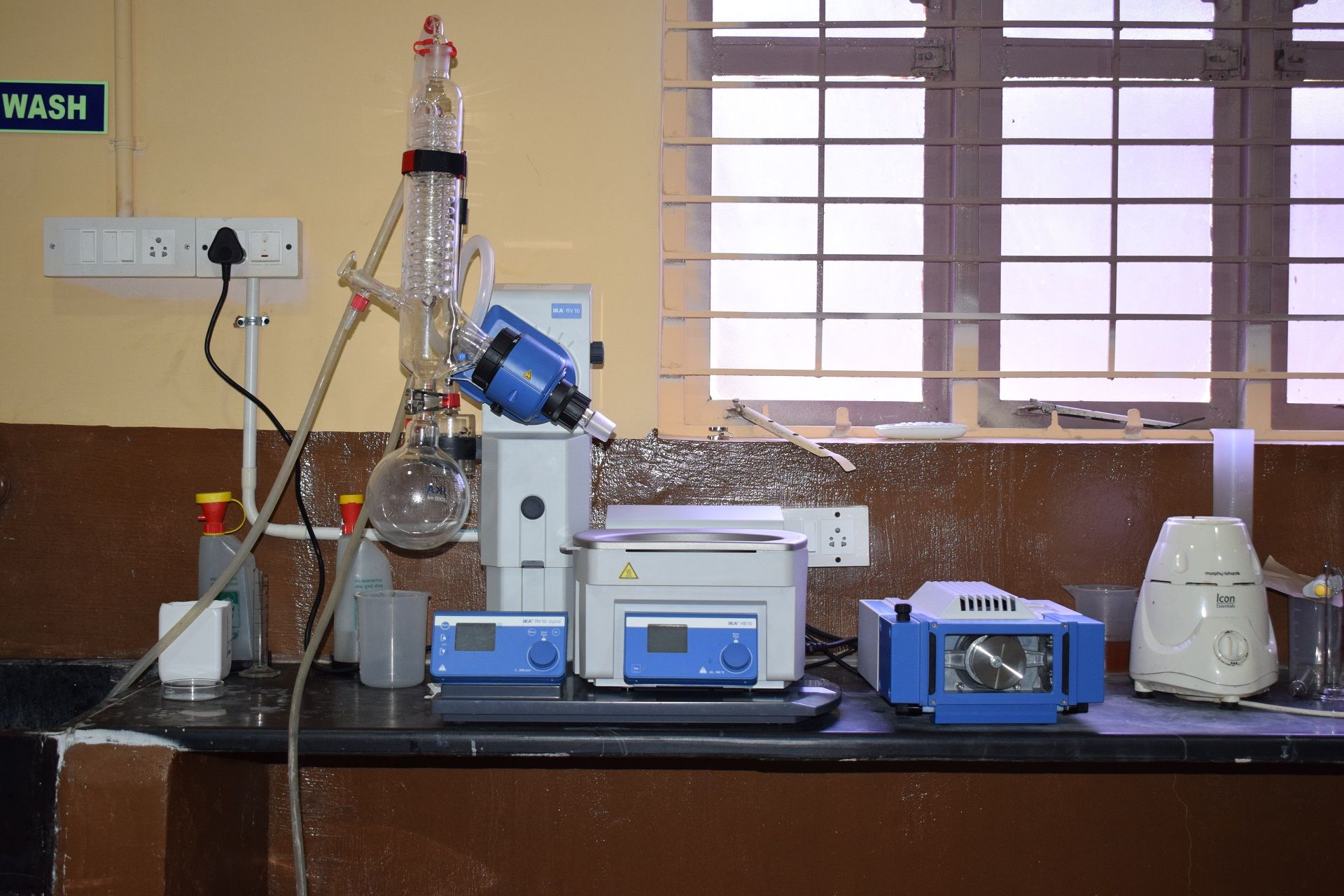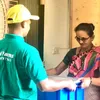As a pioneer in innovation in the probiotics space, Dr Shrilakshmi Desiraju’s entrepreneurial journey has been replete with lessons on perseverance, grit, and a relentless drive to change the world of probiotics through her Mysuru-based startup Triphase Pharmaceuticals.
Co-founding and helming a research and development startup in probiotics for more than a decade has been no mean feat, but Dr Shrilakshmi’s mission of enhancing the quality of human life through probiotics has made Triphase the world’s first and only biotech startup that makes temperature-stable probiotic strains for various use cases.
After Dr Shrilakshmi founded Triphase in 2009, the startup’s first innovation in the probiotics space was eliminating the cold chain from the industry — a novel technology by which probiotics could withstand temperatures of up to 250 degrees.
With this innovation - which received patents from several countries, including the United States - the probiotics industry, particularly the research and development space within the biospectrum, started to take Triphase and Dr Srilakshmi seriously. After all, as a women entrepreneur, she had made her presence felt in what had until then been a male-dominated industry.
Since then, this R&D startup based in Mysuru, Karnataka has been creating innovative products in the probiotics industry. Currently, the startup is researching the use of probiotics in helping patients with diabetes and cancer.

Triphase's R&D lab in Mysuru
Dr Shrilakshmi and her team are also looking at the association between gut health and mental health, and if ‘psychobiotics’ can help address issues such as general anxiety, ADHD, memory loss, mood swings, irritability and depression.
Over the past decade, pro-and prebiotics have taken centre stage in the nutrition industry, especially since the food we consume as well as the soil it is grown in, have lost a lot of their nutritional value.
“A single course of antibiotics can deplete the gut flora in human beings for at least seven days, and where earlier food could help put that back in the system, we need to depend on external sources these days,” Dr Shrilakshmi says.
But the market pain of probiotics was that all the bacteria had to have cold storage, and needed to be pH-stable, which limited their use and accessibility.
“We asked ourselves ‘can we take natural gut bacteria and can we convert it into room temperature-stable strains.’ We did not want to genetically modify the bacteria — so we dedicated research towards that,” she adds.
Dr Shrilakshmi’s eureka moment came in 2015, when she and her team finally stabilised lactobacillus, a common strain of probiotic bacteria, enough to not only survive in room temperatures, but withstand up to 240-degree celsius.

That changed the game for her — and the world of probiotics, in general.
“Imagine if we could tell a kid ‘don’t brush your teeth, just take this chocolate which has oral bacteria which can take care of your dental issues’,” she quips.
The new technology could be added to confectionaries, biscuits, snacks and foods to make them healthy, and be safely consumed by lactose-intolerant people, who would’ve otherwise been excluded from enjoying the benefits of lactobacillus since it’s most commonly found in yoghurt.
Entrepreneurial journey
A scientist through and through, Dr Shrilakshmi’s story is that of any kid in an Indian family — education was highly revered, so was a government job, and sticking to what was safe was of paramount importance.
After her post-graduate studies, she got a teaching job at a university — a gig she accepted because it was the right thing to do, the road most widely travelled. But by the second semester of her teaching, she realised she was in a rut, bored, and not too fond of what she was doing.
“I thought to myself: there has to be more than this,” she quips.
As someone who never settled for anything that came easy to her in life, Dr. Shrilakshmi applied for a young scientist award at around the same time as she was contemplating a change in career. She won the award, and as part of the incentive that came with it, decided to go to Pune to work in a national R&D lab for three months.
While her mother was aghast at this move, Dr Shrilakshmi discovered her life’s calling.
“One month in, and I knew that was it for me. This is where I wanted to be in my life — in a lab,” she recalls.

Thus began her tryst with R&D as a scientist, a journey that took her to Canada after she got married, and back to India to start Triphase. In her early 40s at the time when she returned to India from Canada, Dr Shrilakshmi decided to get into business for herself. She set up a company in the services industry, and things went smoothly for a while.
But ever the scientist with a curious mind and a dream to do something meaningful, she realised there was no room for innovation in the service industry after a point.
“My mentors at the time asked me ‘what tickles you’. And I had my answer: I wanted to be in the R&D space, in a lab,” she says.
So in 2011, she and her team started looking into changing the world of probiotics by developing a scientific R&D-powered approach. And the rest, as they say, is history.
Challenges of R&D-focused startups
And yet, as a pioneer in the probiotics space, Dr Shrilakshmi believes there’s still a lot more that needs to be done to encourage innovations and R&D startups in the probiotics space.
R&D-focused startups in India need venture capitalists and investors who are willing to go beyond just trying to convert $1 into $1.5, Dr Shrilakshmi says, adding that they need partners and mentors in VCs, who can help them with the commercialisation and technology part of the equation of setting up a profitable venture.
“For scientists, R&D and labs are their comfort zones, business isn’t. Unfortunately, that means that their knowledge either just stays limited to scientific publications, or gets forgotten, eventually,” she tells YourStory.
From her own experience raising funds as an R&D-led startup, Shri says when she set out to look for investors and spoke to several of them, she realised what she was looking for in an investor was beyond just their cheques. She sat down, made a list of VCs who she thought would handhold her through the commercialisation process and accordingly streamlined her fundraising efforts.
“In the R&D space, there’s no gestation period. R&D startups need to identify people who can help, who can understand the science, and can help build the infrastructure. A person who has been in the R&D domain can see that the advantage of a long gestation period is necessary to drive those investments. For me, I realised if I’m not able to partner with the investors I had on my list, my technology might not see the light of the day,” she says.
Edited by Tenzin Pema
Link : https://yourstory.com/2021/06/shrilakshmi-desiraju-triphase-founder-mysuru-startup-probiotics-interview
Author :- Aparajita Saxena ( )
June 22, 2021 at 06:30AM
YourStory



